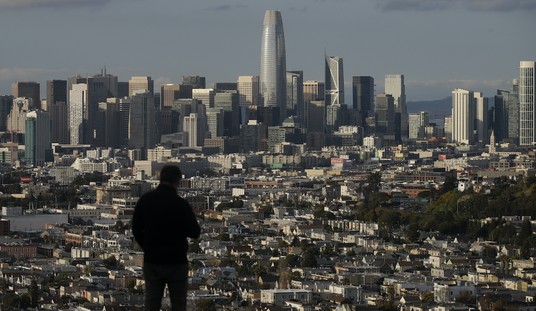Meanwhile, in Yemen, where a proxy war between the Arab region’s Sunni regimes and a pro-Iran proxy force that were at one point courted by the United States rages, American interests are under assault.
For the Saudis, where the Houthi rebels threaten to give Iran a foothold on the Arabian Peninsula, the stakes are high. An attempt to secure a ceasefire between the warring parties has stalled, and the Saudis now face a conundrum: Either they arm and back an indigenous force tasked with dislodging the Houthis on the ground, or they lead an invasion of Yemen. “Both options pose big challenges,” Middle East Monitor’s David Hearst noted.
Iran stands to benefit from a protracted war in Yemen. While it was as surprised as anyone by the decision to launch air strikes, Tehran might still calculate that it can profit from tying the Saudis up in knots in Yemen. Saudi Arabia would be in a weaker position to stop them advancing in Iraq and Syria. Iran’s interest is in securing Iraq as its defensive hinterland.
By the same token, a swift Saudi success in Yemen, even it was as limited as getting the Houthis out of Sanaa and Aden, could strengthen its relationship with Turkey and lead to a second phase in Syria. These regional powers would emerge as a counterbalance to two countries torn apart by war. If the Islamic State flourished in the vacuum created by an absent Sunni leadership, the Saudis and Turks can profit by reclaiming it. There is much at stake in Yemen.
The chaos has only benefited the region’s worst actors. Yemen is largely regarded as the nation in which al-Qaeda in the Arabian Peninsula (AQAP) operated virtually unimpeded by the deposed, pro-Western government in Sanaa. It was the Abd Rabbuh Mansur Hadi government’s collusion with the West, sharing intelligence and allowing armed American drones to execute precision strikes, which kept that terrorist group in check. But even that did not stop AQAP from exporting terrorism abroad.
The massacre of Charlie Hebdo staffers in Paris was claimed as an AQAP operation. “The attack was years in the making, an AQAP leader said in a video, claiming U.S.-born cleric Anwar al-Awlaki was the mastermind behind it,” CNN reported in January.
The collapse of any governing authority in Yemen has created a vacuum that al-Qaeda is ably filling. Today, al-Qaeda militants reportedly seized control of both an airport and a sea terminal in that chaotic country.
Military officials and residents say Al Qaeda has taken control of a major airport, a seaport and an oil terminal in southern Yemen after brief clashes with troops.
The officials said Al Qaeda fighters clashed Thursday with members of one of Yemen’s largest infantry brigades outside Mukalla, a city the militants overran earlier this month. The officials, speaking from Sanaa on condition of anonymity because they were not authorized to brief the press, said the leaders of the brigade fled.
The brigade is in charge of securing the coast of Mukalla, the provincial capital of Yemen’s largest province, Hadramawt. After seizing the airport, the militants easily captured the sea port and oil terminal.
As recently as September of last year, President Barack Obama asserted that Yemen represented a model of success and showcases the efficacy of his approach to counter-terrorism. Lest you think that the administration has abandoned that contention even amid mounting chaos in that nation, White House Press Sec. Josh Earnest repeated this claim just three weeks ago.
“The White House does continue to believe that a successful counterterrorism strategy is one that will build up the capacity of the central government to have local fighters on the ground to have local fighters take the fight to extremists in their own country,” Earnest told ABC News reporter Jonathan Karl on March 25. “That is a template that has succeeded in mitigating the threat in Yemen and Somalia.”








Join the conversation as a VIP Member